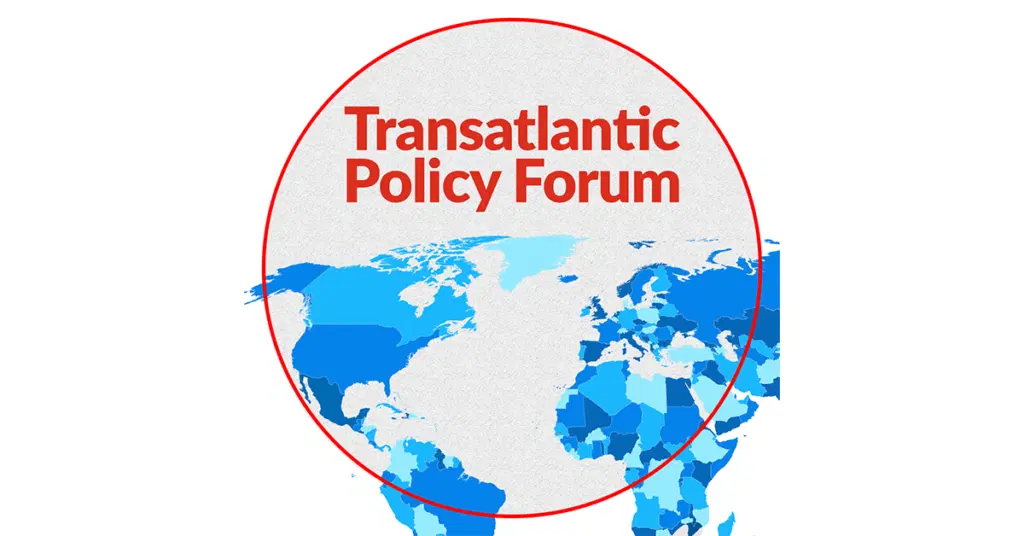POLICY PAPER: In this low cycle in transatlantic unity, the determinants of improvement are known: can the EU and US deliver?

You can read the whole document throught the PDF button on the right.
- Dynamics in the main agendas of the transatlantic relationship in the last year seem to have been, from a public perspective, relatively lacking in positive messaging. On issues of the relationship with Russia or with China, or within the framework of NATO, or on international trade, there have been few stories that can accredit significant progress being made in 2019, bar for the speech given by Secretary of State Mike Pompeo in Brussels early September calling for a “reset”[1] with the incoming leadership of the European Union.
- This was mirrored, on the EU side, by High Representative-nominate Josep Borrell stating his desire for a reset of transatlantic relations, which he already discussed with Secretary Pompeo. This contrasted with the more aggressive speech from December 2018, where Secretary Pompeo openly questioned whether the EU is able to place the interest of its member states and citizens before those of the “bureaucrats” that compose it.
The main question now concerns the basis on which the transatlantic relationship will rebuild itself in the next year, and whether the break in trust, symbolized most recently by the American decision to withdraw its troops from Northern Syria, will push the Europeans to modify their approach to the US but also fine-tune their instruments of power.
At the end, the issue is how the EU can protect itself from being collateral damage on the sidelines of the US-China disagreement. Indeed, the control of the current situation with China goes far beyond trade alone. Each realm of multilateralism must contribute to the establishment of stabilized, tension-reducing relations. This is why it is urgent that China agrees to participate in a comprehensive review of WTO rules on subsidies, intellectual property and technology transfer and opens its market in a non-discriminatory way, and the EU has indicated its willingness to engage with China on these issues.
The EU has therefore woken up, after three years of the Trump presidency, to the multipolar world in which it was pushed in. The rewiring and fine-tuning of its institutions is a priority that it will have to develop in parallel with a speedy increase in defense capabilities, in order to be a credible actor in the current geopolitical situation.




